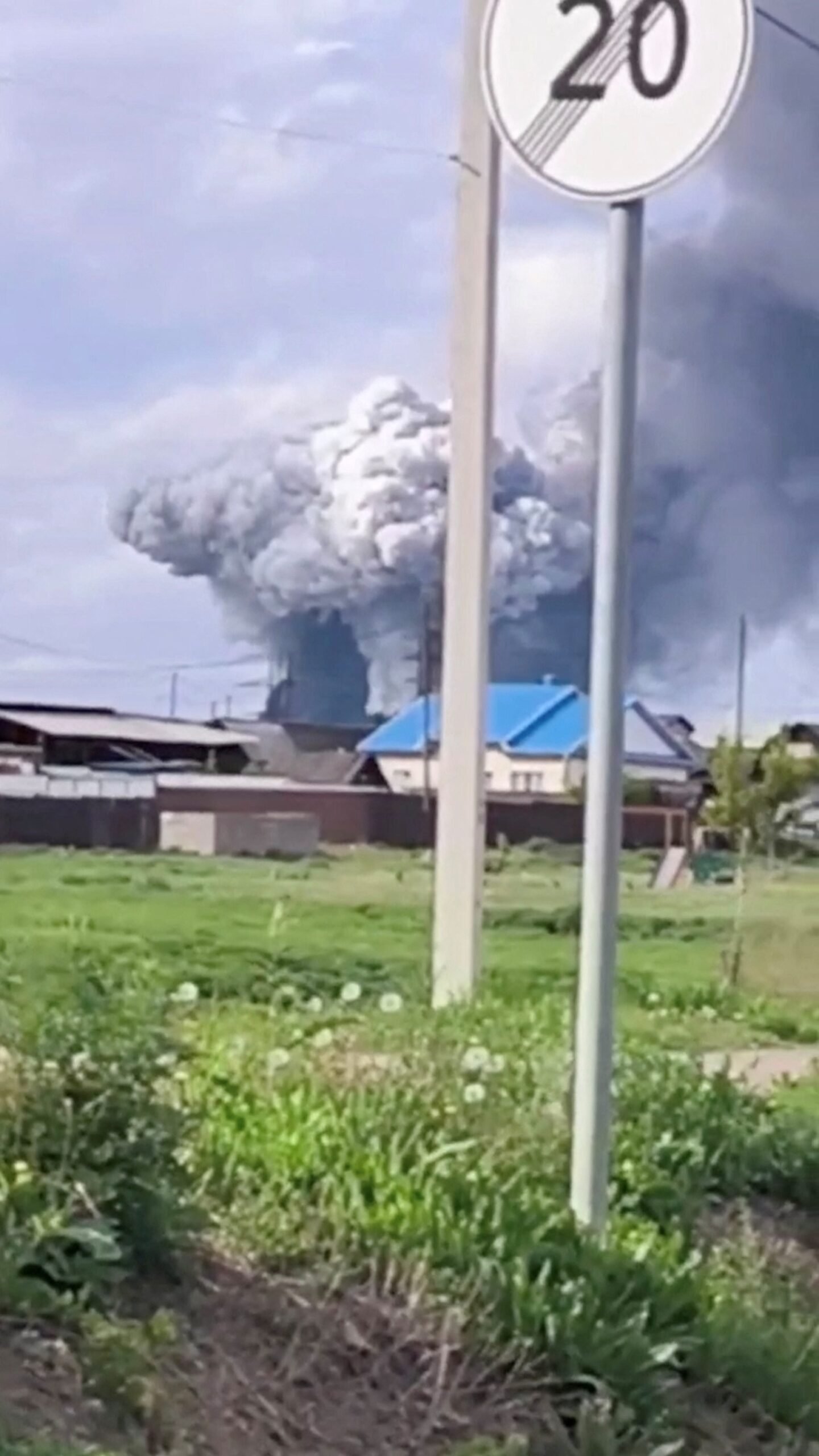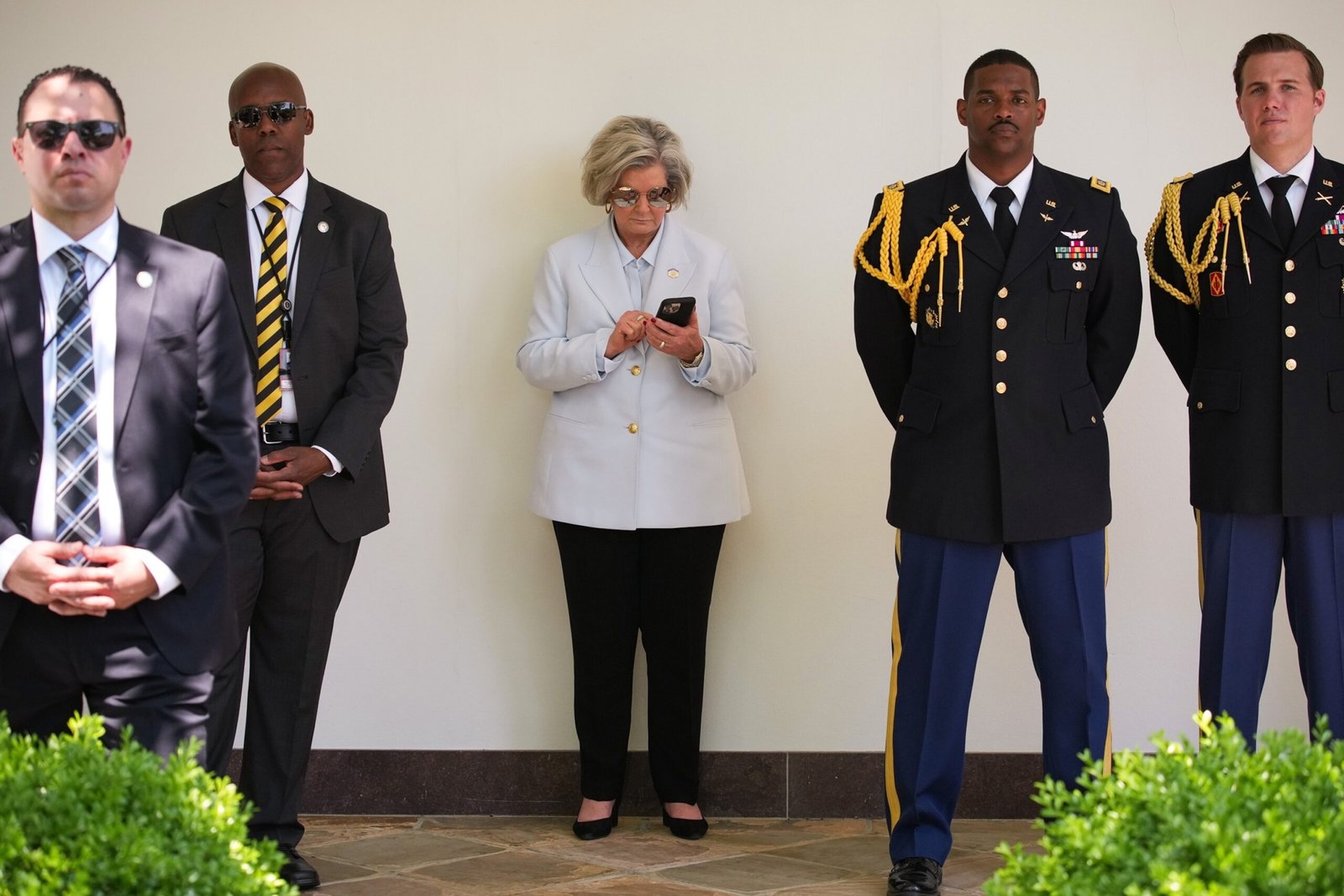When three members of the service sued the Trump administration in March for their transgender military prohibition, they hoped to continue serving their country while their cases advanced in a federal court.
However, after the Supreme Court ruled last week that the Trump administration can enforce the prohibition in the midst of pending demands, CMDR. Emilly Shilling, Major Erica Vandal and the second Lieutenant Nicholas Talbott told ABC News that they feel that the carpet has been taken from them.

CMDR. Emily Shilling.
Courtesy of Emily Shilling
The decorated Navy pilot described the ruling as a “heartbreaking.”
Talbott, a squad leader in the US Army Reserve.
“It is so enraged that we have to keep going through this,” he said.

The 2nd Lieutenant Nicolas Talbott is seen in this photo without date.
Courtesy of Nicolas Talbott
In March, federal judges granted preliminary precautionary measures both in Talbott vs. Trump as in Chelines in front of Trump, preventing the Department of Defense from initiating separation procedures against any member of the Transgender Service, while the demands are pending.
By granting a court order in Talbott, the US district judge. Ana Reyes said that the prohibition continues an unfortunate history of the military, excluding the marginalized persons from the “privilege of serving”, and by granting a court order in the Chelin, the Judge of the District Benjamin Settle said that a “policy of exclusion driven, dramatic and facial.
Vandal, another plaintiff in the case of Talbott that has served in the army for 14 years, told ABC News that the decision of May 6 of the Supreme Court was “a blow.”

Major Erica Vandal
Courtesy of Erica Vandal
With their pending cases in court, Shilling, Vandal and Talbott now face what they say is a heartbreaking decision: voluntarily separated from the army or be expelled.
‘Irreparable damage’
According to a memorandum issued by the Secretary of Defense, Pete Hegseth, last week after the ruling of the Supreme Court, approximately 1,000 service members that have been identified self -identified as diagnosed with gender dysphoria The voluntary separation process will begin.
The members of the transgender service have until June 6 to self -identify and begin the voluntary separation process, while the members of the transgender service that serve in the reserve forces have until July 7 are voluntarily separate, said the memorandum.
A new memorandum issued by the Pentagon Office under Secretary of Personnel and Preparation on Thursday established some guidance related to those who do not self -identify.
According to the memorandum, after June 6, the military commanders will be told to identify people in their units that have a diagnosis or history of gender dysphoria or exhibit symptoms consisting of gender dysphoria. That will initiate a reference to an annual health check that begins what could be a long process for each person who could lead to their elimination of the military.

CMDR. Emily Shilling.
Courtesy of Emily Shilling
Shilling is the president of Sparta Pride, an organization that advocates 2,400 transgender people in the army and those who hope to join. She said that although legal cases are “very alive”, to enforce the prohibition in the meantime, it is causing “irreparable damage” to people’s careers. “
A ruling is still pending in the mandate of Talbott in a DC Appeals Court, but the decision of the Supreme Court 6-3 raising the court order impacts all the plaintiffs and members of the transgender service.
The Supreme Court did not explain its decision, but said the order would expire if the judges take the case on the merits and issue a ruling that hit it. Shilling, an officer who is eligible for retirement at 20 years of service in September, said he is looking for legal advisors and is still “contemplating” his decision.
The Pentagon estimates that more than 4,200 members of the active service service, the National Guard and the reserve service have a diagnosis of gender dysphoria, which is the metric of the military to track the number of transgender troops. The defense groups have put the real number of members of the trans service much higher, in around 15,000.
There are 2.1 million members of active duty, the National Guard and the Reserve Service.

Major Erica Vandal
Courtesy of Erica Vandal
Vandal, who is married to two children and based on Fort Drum in the north of the state of New York, said that “uncertainty” during this time has been a “burden” for his family.
“I am the only support of the family,” he said, adding that “the army touches all aspects” of the life of his family, from housing and medical care to his social structures.
‘Who am I authentically’
The prohibition of the Trump administration on the members of the transgender service was announced in an executive order of January 27, where President Donald Trump ordered the Department of Defense that Check the policy that allows transgender troops to serve openly.
“Expressing a false ‘gender identity’ divergent from the sex of an individual cannot satisfy the rigorous standards necessary for military service,” said the order.
The order also argued that receiving medical attention affirmed by gender is one of the conditions that is physically and mentally “incompatible with active service.”
Hegesh, who celebrated the decision of the Supreme Court and made controversial comments on transgender troops last week, echoed this feeling in a memorandum of February 7, saying that “the efforts to divide our troops by identity lines weaken our strength and make us vulnerable.”

CMDR. Emily Shilling.
Courtesy of Emily Shilling
Vandal and Shilling said the administration’s words are antithetical to their trips to leave.
“In any case, I feel that I am more honest to present who I am authentically, instead of hiding all this aspect of me, and I think that, ultimately, it has made me a better leader,” Vandal said.
Vandal has served since 2011 and Chelín since 2005. During most of his holdings, “Do not ask, do not say” (Dadt), an American military policy in force from 1993 to 2011 allowed LGBTQ+ people to serve in the army whenever they do not reveal their sexual orientation.
The policy was repealed in 2011, but the members of the transgender service were still prohibited to serve openly in the Army until 2016, when the then President Barack Obama allowed them to serve openly for the first time.

Major Erica Vandal
Courtesy of Erica Vandal
The brief chapter of open service under Obama came to an end when Trump assumed the position in 2017 and issued his first prohibition of the transgender military, which Biden reversed in 2021 and then returned to Trump in 2025.
“[Those policies] He prevented me from really hugging who he was and went out to the world in general, “Vandal said.
Shilling told ABC News that the fear of losing his job and his family prevented him from leaving for years. But in 2019, under Trump’s first ban, he realized that he could no longer put a “facade.”
“You get to this point where you are simply on this burning bridge, and you cross it or there is nothing left,” he said.
Shilling said that when he “cost me everything”, he finally allowed him to become “best leader” in the army and start a new “wonderful” chapter with his family.
‘It is not the end of the war’
In the midst of changing policies, Talbott said it took him nine years to be able to enlist in reserves. In 2017, he faced the Trump administration for the first time by becoming a plaintiff appointed in Stockman vs. Trump, a federal demand that challenges Trump’s first ban. He was 23 years old at that time and tried to enlist openly.
“A door would close and have to find another door that was unlocked and see if it was a path that could follow,” he said.

The second Lieutenant Nicholas Talbott is photographed with his late grandmother, Rhoda Dineen.
Courtesy of Nicolas Talbott
Talbot, who had dreamed of joining the army since he was a child, said that challenging the Trump administration in 2017 was a “heavy decision”, but his late grandmother Rhoda Dineen encouraged him to speak.
While Stockman vs. Trump was still pending in a federal court, Biden issued an executive order in 2021 that revoked Trump’s prohibition, which makes it possible for transgender service members to serve openly and allane the way for Talbott to enlist.
When Trump issued his second prohibition in January, Talbott said that sued was an “easy” decision.
While facing his second legal challenge and another chapter in Limbo, Talbot said he is clinging to “hope.”
“This is just a battle. This is not the end of the war,” he said.
Although Talbott’s grandmother died in 2020, she says her breath continues to inspire him.
“I like to think that she would be proud of me,” he told Abc News. “I am sure that she would be incredibly supporting what I am doing.”
Luis Martínez, Devin Dwyer and Peter Charalambous of ABC News contributed to this report.





